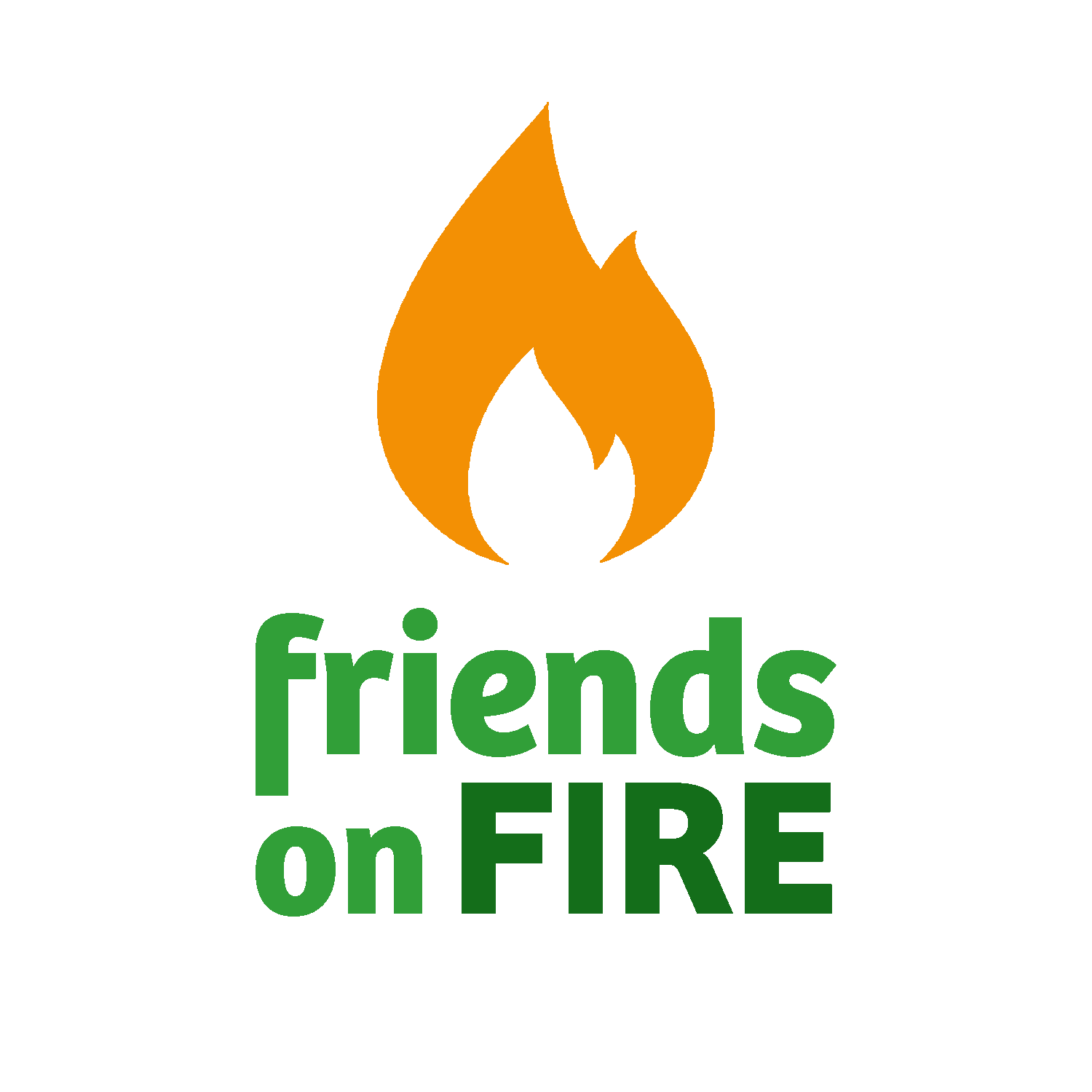Episode Summary:
In this week’s episode, we discuss how you can learn anything for free. We share some of our favorite resources and tips for learning how to do things for free. Resources such as youtube, the Libby app, your public library, podcasts, Instagram, and Pinterest offer access to top-notch content and advice from legitimate and trusted experts for free. While you’re leveraging content from these resources we share some additional ideas and tips for getting the most out of the resources.
Episode Notes:
You can learn how to do just about anything for free. There are so many amazing resources available to all of us.
Some of our favorite free resources:
- YouTube – Youtube has some of the most amazing and well-produced content, from how to fix a wheelbarrow tire to how to fix your roof if squirrels are eating the lead on your pipe boots to how to fix a leaking faucet.
- Books – You can learn so much from a non-fiction book, from financial stuff to gardening to self-improvement. The Libby app, your public library, and little free libraries are your avenue to getting access to books for free. The Libby app is a free app where you can borrow ebooks, digital audiobooks, or magazines from your public library. You need a library account, which you can get at your local library, and then you use that to do a one-time sign-in process, and it’s so simple to use after that. It works almost exactly like Audible, except you have to check out a book, you may have to wait for more popular books, and you have to return the digital download so you are on a timeline. My husband and I both quit audible 3+ years ago, and now primarily use Libby. If you really do for a book that’s incredibly important and not on libby, you can buy individual credits and start/stop your membership.
- Podcasts – Well, you’re listening to one right now, so we think you already get the concept that you can learn some amazing things through podcasts.
- Instagram – Instagram is also full of great content, from the posts themselves to people’s stories. The bookmarked/saved stories are at the top of many accounts having amazing content saved within them. One of my favorite accounts is @gocleanco and they have stories saved on how to clean almost anything from your washing machine funk to how to “strip” sheets to give the life again.
- Blogs, starting with Google to find the right ones. Open a number of different links to compare what you’re learning and look for consistency, trusted sources, and other nudges that the info feels legit. Don’t forget to pay attention to sponsored listings in the search results, as we would suggest you focus on things with strong “natural search” rankings as it’s a nod from Google it’s a frequently visited and trusted website, versus just about anyone can buy a paid ad on google. Image search can also come in very handy if you want a quick visual of something.
- Pinterest – I especially love Pinterest for recipes. I own many cookbooks, especially from when we first went vegan. But I bet 99% of the recipes I cook today from Pinterest. My cookbooks are displays on a shelf. It’s just easier and faster, and I can search based on some ingredients I have handy.
- WebMD and googling health issues. It can sometimes save you a trip to the doctor or reinforce that you do need to go. The risk with this is some items can really freak you out.
A few reminders as you’re leveraging these free resources:
- Google is your friend. Google “how to…” and you’ll find an answer.
- Google incognito is your other friend.
- Remember many of those “free” resources you are actually paying for in some way, so take full advantage. Libby is funded by our tax dollars, as it’s associated with public libraries. YouTube video creators are making money off the ads in their videos, so are some podcasts. To be clear our podcast isn’t making money from you because we don’t have ads, and that’s an intentional decision for us right now.
- Still support the content creators and causes you care about in whatever way makes sense for you.
- Start with the free resources first, and fully exhaust them before you consider paying for something.
- There are a lot of things you could hire someone else to do, but it can save you a lot of money and be incredibly satisfying to learn how to do it yourself. Give it a try, and if it doesn’t work out, then explore a professional.
- Consider asking someone to teach you how in person through a local neighborhood group, especially if it’s a more complicated hands-on task.
- Invest in a good pair of headphones that work for you, and you can learn things while you’re multi-tasking. We listen to books, podcasts, and sometimes youtube videos while I am cleaning the house, doing yard work, going on walks, running, and just about anything I can do while listening.
- Remember to be safe, and don’t get in over your head in a situation that’s not safe. This could be electrical work if you’re not properly trained on safety, dealing with heights, getting underneath a car, or dealing with poisonous or toxic substances.
Top 3 takeaways:
- You can learn just about anything for free, and from a legit expert or professional.
- It’s satisfying to learn new things and figure out how to do something yourself. It keeps your brain sharp!
- Always start with exploring free resources before you immediately assume you have to buy something. Libby before audible is a perfect example. Public library before Amazon. Youtube before you hire someone.
Show references:
- Libby
- Money on the Table series on YouTube
- GoCleanCo on instagram
- Epic Gardening on YouTube
